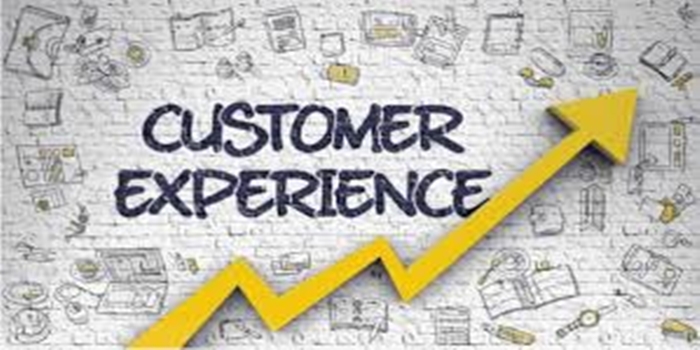In this article, we discussed about the meaning of career development, the characteristics, advantages and disadvantages.
Definition
Career development is a lifelong process of managing and advancing your career by acquiring new skills, knowledge, and experiences to achieve long-term career goals. It involves making strategic decisions and taking actions to enhance professional growth.
The Characteristics of Career Development:
- Ongoing Learning and Skill Development:
Career development emphasizes continuous learning and skill enhancement through various means like training, education, and on-the-job experience.
This includes acquiring new skills, upgrading existing ones, and staying current with industry trends.
- Self-Assessment and Goal Setting:
Individuals need to understand their strengths, weaknesses, interests, and values to make informed career decisions.
Setting specific, measurable, achievable, relevant, and time-bound (SMART) goals is crucial for guiding career development efforts.
- Strategic Planning and Action:
The development involves creating a roadmap for achieving long-term goals, including identifying career paths and developing action plans.
This includes taking proactive steps like seeking new opportunities, building a professional network, and seeking mentorship.
- Adaptability and Flexibility:
The ability to adapt to changes in the job market and workplace is essential for career development.
This includes being open to new experiences, learning new skills, and adjusting career goals as needed.
- Personal Growth and Fulfillment:
The development aims to foster personal growth and a sense of purpose in one’s work.
It involves aligning career goals with personal values and seeking purpose that aligns with one’s interests and strengths.
- Motivation and Engagement:
It can lead to increased motivation, job satisfaction, and engagement in the workplace.
Opportunities for growth and development can help employees feel valued and committed to their organization.
- Networking and Building Relationships:
Networking with professionals in one’s field can provide valuable insights, mentorship, and opportunities for advancement.
Building strong relationships can also lead to better communication and collaboration in the workplace.
- Communication and Collaboration:
Effective communication skills are essential for development, including the ability to articulate career goals, present ideas, and collaborate with others.
Strong communication can also help build relationships and expand professional networks.
- Work-Life Balance:
Maintaining a healthy work-life balance is important for long-term career success and personal well-being.
It involves finding a balance between professional responsibilities and personal life to prevent burnout and maintain motivation.
Advantages:
Increased Job Satisfaction and Contentment:
Career development can lead to greater fulfillment and satisfaction in one’s work, as individuals gain skills, knowledge, and a clearer sense of purpose.
Enhanced Skills and Knowledge:
Developing new skills and knowledge through development initiatives makes individuals more valuable to their organizations and increases their ability to handle challenges.
Greater Opportunities for Advancement:
Career development often involves setting goals and actively seeking opportunities for growth, which can lead to promotions and higher-paying positions.
Improved Employee Retention:
When employees feel their careers are progressing, they are more likely to stay with their current employers.
Increased Motivation and Engagement:
Career development can inspire employees to take on new challenges, learn new skills, and apply their knowledge in innovative ways, leading to increased motivation and engagement.
Attracting and Retaining Top Talent:
Companies with strong development programs are more attractive to potential employees and can retain their current talent more effectively.
Better Utilization of Skills:
It ensures that employees’ skills and abilities are effectively utilized within the organization, leading to improved productivity and efficiency.
Enhanced Understanding of the Work Environment:
Through career development, individuals gain a deeper understanding of their roles, responsibilities, and the organization’s broader goals.
Disadvantages:
Income Instability:
For some paths, such as freelancing or portfolio ,, income can be unpredictable, potentially leading to financial instability.
Resentment among Colleagues:
If an employee is promoted or given a new role, it can create resentment among colleagues who were also considering the same opportunity.
Time Commitment:
The activities, such as attending training sessions or taking courses, can require significant time commitment, which may be challenging for some employees.
Uncertainty of Career Progression:
The path of development can be unpredictable, with some individuals facing delays or setbacks in their advancement.
Potential for Stagnation:
Longevity in a single role or organization can sometimes lead to stagnation, as individuals may become complacent or unwilling to change.
Conclusion
career development is a constant process of personal and professional growth that involves acquiring new skills, knowledge, and experiences to enhance career prospects and job satisfaction. It’s a collaborative effort between individuals and organizations, requiring proactive planning, self-awareness, and a commitment to continuous learning. By embracing development, individuals can achieve their professional goals, find greater fulfillment, and contribute more effectively to their organizations.


